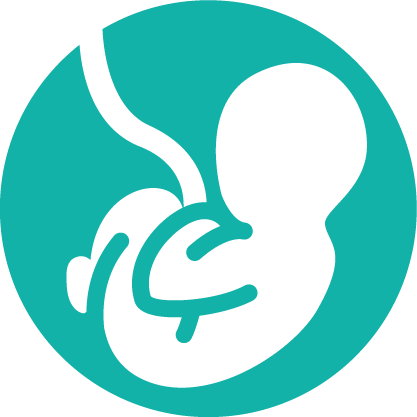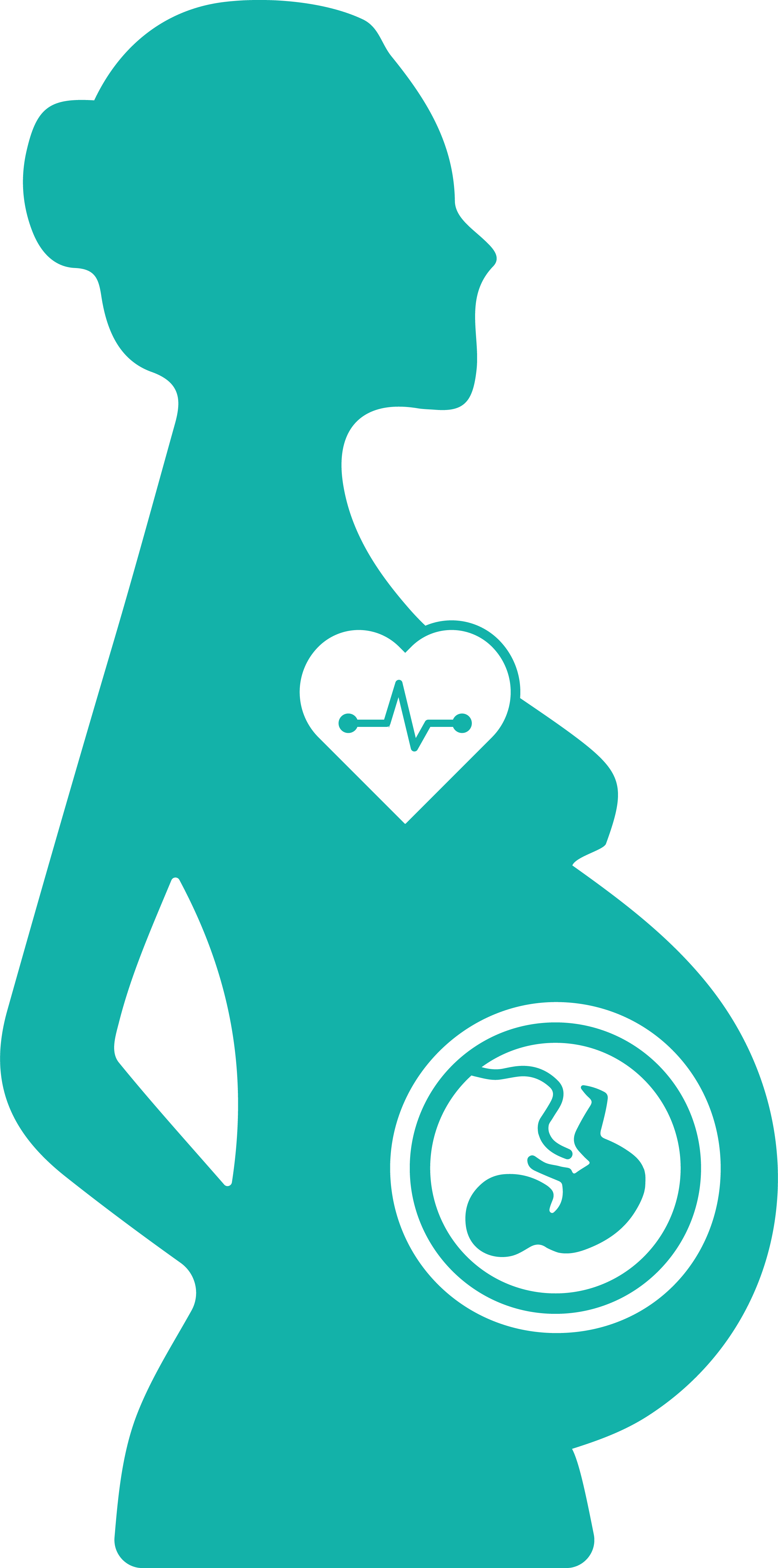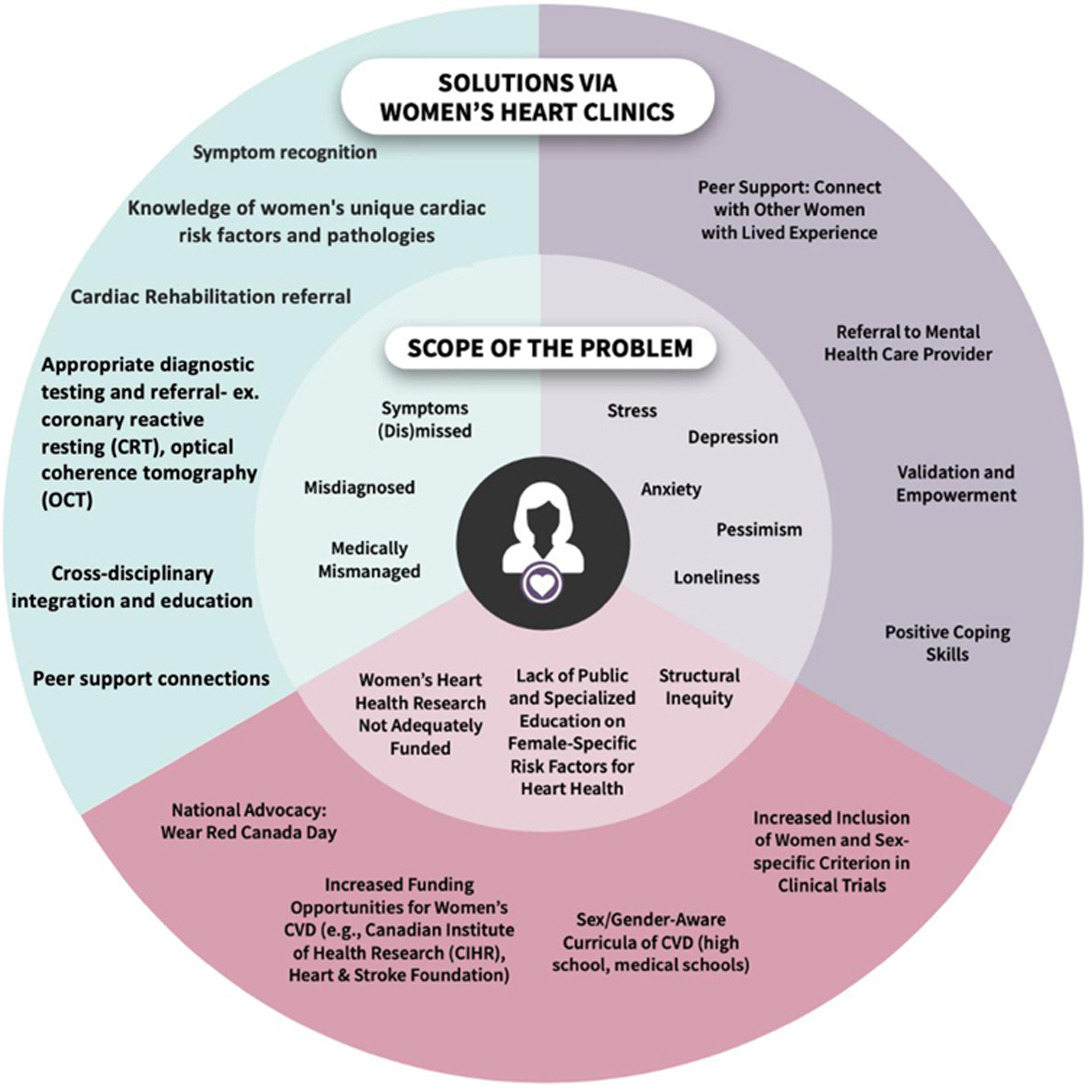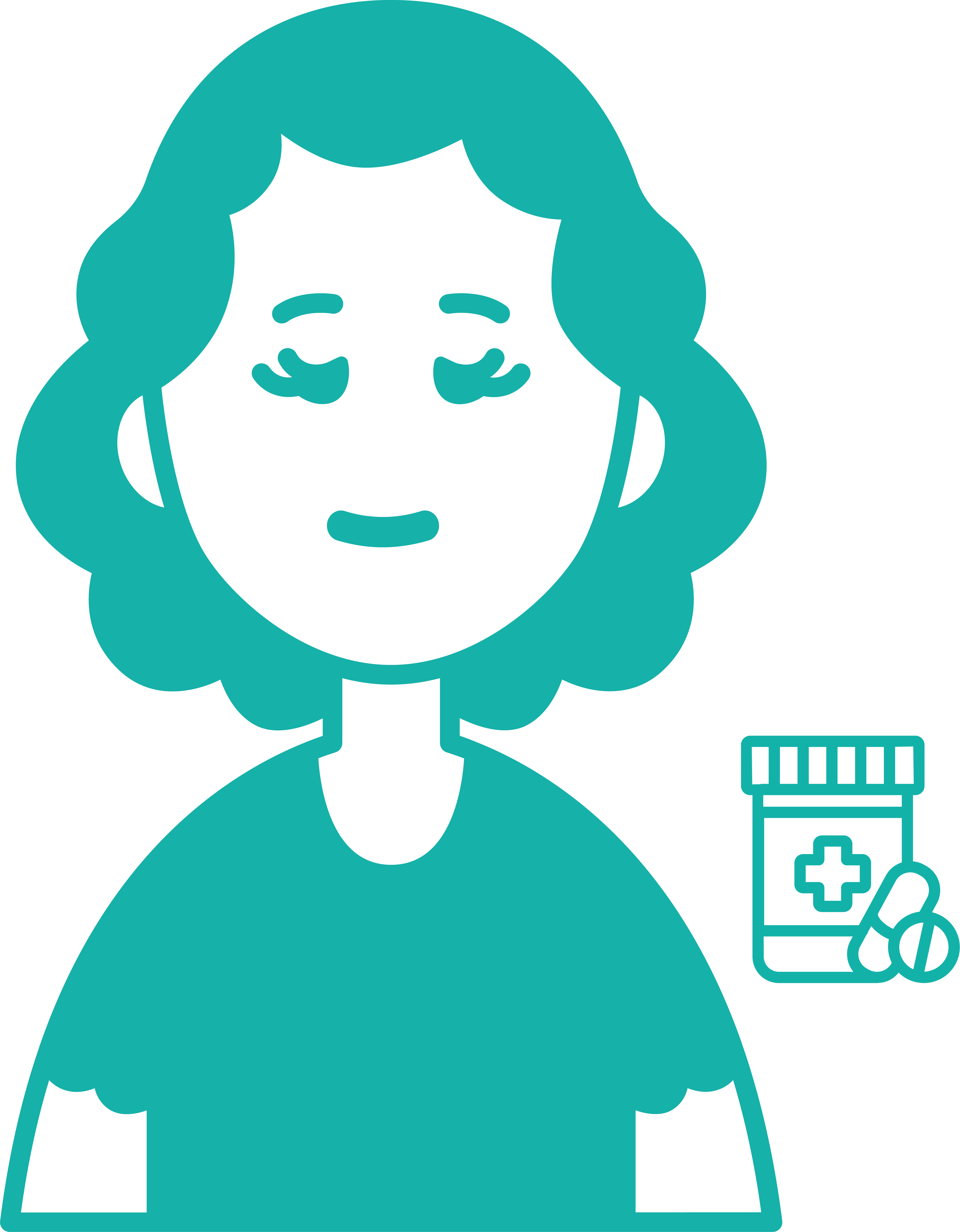Women's Heart Programs
Dedicated women's heart programs are bridging gaps in care for women in Canada.
Français
Women’s Heart Program Directory
![]() Peer Support Programs |
Peer Support Programs | ![]() Cardiac Rehab Programs |
Cardiac Rehab Programs | ![]() Women's Heart Clinics
Women's Heart Clinics
- Click on an icon to view the program's details. Click the
 to view the list of programs.
to view the list of programs.
DISCLAIMER: This directory is meant to connect women with cardiovascular disease to available programming. While we have applied review criteria when adding these programs and resources, how you choose to use these programs and resources will be at your own discretion.
Women’s heart programs are now being recognized as important and crucial initiatives to address sex- and gender-based disparities in heart and vascular disease outcomes.1,2
There is growing evidence of increasing heart and vascular disease morbidity and death among women results in the importance of these specialized programs.
These programs offer diverse and culturally appropriate expert care for heart and vascular diseases commonly seen in women throughout their lifespan, care for all genders, including transgender individuals, and support the establishment of longitudinal research databases. These programs also go beyond routine heart disease prevention, diagnosis, treatment, and education.1
A Call for Healthcare Institutions Across Canada to Join Us!
Expanding women’s heart programs across Canada is crucial to address the existing disparities in cardiovascular disease outcomes among women. With only 7 in Canada, the CWHHA is recommending that all provinces and territories across Canada offer women’s heart programs to address sex- and gender-based disparities in heart and vascular disease outcomes.
Women's heart programs address heart conditions and risk factors that disproportionately impact women such as:

Adverse pregnancy outcomes
(ex. premature birth, diabetes or hypertension during pregnancy, preeclampsia)

Peripartum cardiomyopathy
(weakened heart during or after pregnancy)
![]()
Polycystic ovary syndrome
(problem with hormones that happens during the child-bearing years)
 Graphical abstract.4
Graphical abstract.4
The Benefits:
- Women’s heart programs are equipped to accurately recognize the signs and symptoms of heart disease in women and offer a tailored approach to identifying and addressing cardiovascular risk factors in women.
- Women’s heart programs offer specialized testing not available at general cardiology clinics, including invasive coronary reactivity testing, optical coherence tomography (OCT), positron emission tomography (PET) and cardiac magnetic resonance imaging (CMR) with tailored protocols for ischemia with no obstructive coronary artery disease (INOCA) and myocardial infarction with no obstructive coronary arteries (MINOCA).
- The multidisciplinary nature of these women's heart programs allows healthcare professionals such as nurse practitioners, psychiatrists, and psychologists to provide support in the management of risk factors and mental health support.
- Women’s heart programs connect women with heart disease to cardiac rehabilitation centers and peer support networks that improve women’s heart health and quality of life.4



